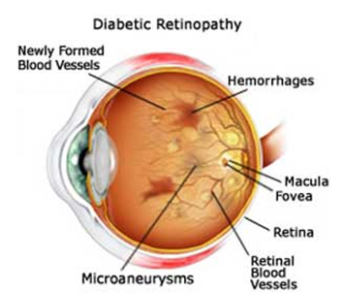What is a cataract? Why did I get a cataract?
The human eye has a lens which focuses light on to the retina. A cataract is an opacity of this lens. It scatters the light going into the eye and blurs vision.
There are different types of cataract.
CORTICAL This type of cataract causes increasing blurring of vision and patients generally come to us in time.
POSTERIOR SUBCAPSULAR This type of cataract causes glare from headlights and difficulty seeing in bright light.
NUCLEAR SCLEROSIS This type of cataract causes a decrease in the reading glasses number and patients can actually read better for some time. It then causes difficulty in differentiating colours and a decrease in contrast. Patients can still see things with high contrast like the letters on our reading charts. As the patients do not have serious visual disturbances, they tend to come to us late and the cataract becomes ‘hard’ and the surgery challenging.
We do not know yet what exactly causes these cataracts.
Age is the most common cause. Lens proteins denature and degrade over time. This process is accelerated by diseases such as diabetes and hypertension.
Environmental factors such as toxins, radiation and ultraviolet light also hasten the process.
Injury to the eye and steroids eyedrops or systemic steroids are also known causes of cataract.
-Dr. Jagruti Desai
Oculus Eye Hospital,
Tel. 26202369, 9819983158


